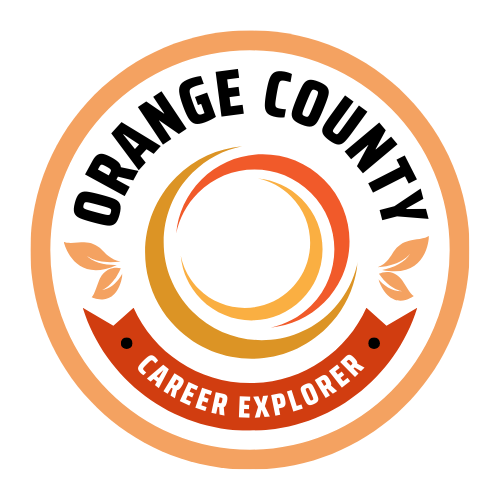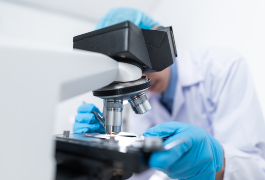Bachelor of Arts in Human Biology and Society (Bachelors)
UCLA
Los Angeles, CA
The Human Biology and Society, B.A. and Human Biology and Society, B.S. majors provide an interdisciplinary approach to learning about current issues at the intersections of human biology, genomics, and society.
Our major degrees attempt to bridge the gap between life sciences and humanities/social sciences, generating an interdisciplinary perspective needed to address many important and current questions of ethics; history; public policy about food and nutrition; genetics research and commercialization; genetic origins and relatedness of human populations; medical privacy right; etc. For example, what issues are raised by genetic modification of our food crops and animals? Who owns your body? How expansive is your right to medical and genetic privacy? What are the individual and social consequences of personalized genetic medicine? What, if anything, can human biology and genetics tell us about ‘race’ and ‘identity?’ How does commercialization impact academic research? If questions like these interest you, then the Human Biology and Society major may be an important opportunity for you.
The Human Biology and Society, B.A. is good preparation for careers in health, law, business, academia, and public policy. The Human Biology and Society, B.S. is good preparation for careers in medicine, public health, and other health services fields.
Learning Outcomes
1. Demonstrated a strong foundation of knowledge in social science and evolutionary biology and genetics
2. Skills to critically analyze and evaluate qualitative and quantitative data and social biological theories
3. Formulation of effective and convincing written and oral arguments that integrate biological and social evidence
4. Work well in multidisciplinary teams
5. Skills at communicating across disciplines and leveraging knowledge from multiple perspectives
6. Demonstrated proficiency in at least one area of concentration at the interface between biology and society
7. Integration of ethical, legal, and societal concerns in planning, conducting, and assessing research
8. Use of societal and biological information to critically assess complex real-world problems and to employ interdisciplinary skills to help solve them










